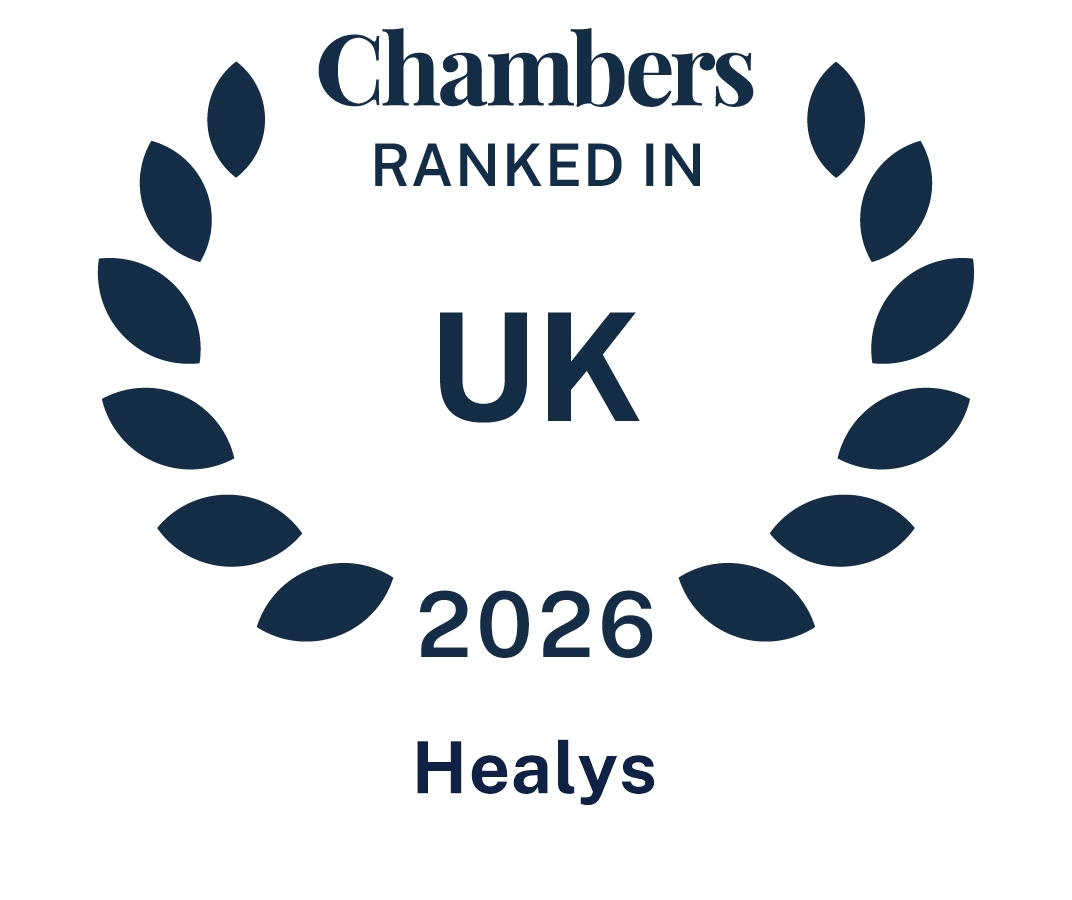Squatters

Helping you find a solution to your property dispute
Key contact


Squatting is occupying someone else’s property without their permission.
Squatting in residential properties can be against the law. Those found guilty of this offence could face 6 months in prison, a fine of up to £5000 or both.
If the property is non-residential, occupation is not a criminal offence, unless the property has been damaged or the squatter uses its utilities.
If the squatters refuse to leave the owner will generally have to commence civil proceedings in the Courts to remove the squatters.
There is a special Court procedure in place for dealing with squatters.
The usual process is to obtain a Court order to evict the squatters which is then enforced by Court officers. Squatters can be removed quite easily and we can advise on the most effective solutions. However, it is important that the owner acts quickly as otherwise the problem can escalate and can quickly mushroom into a major headache.
Often the squatter initially had the owner’s permission to occupy the property but then remained in the property without permission, leading to a property dispute eg where an employer allows an employee to occupy staff accommodation eg a caretaker’s flat. In those cases the process for removing the occupier is generally the same as if the squatter had initially gone in to occupation without permission, but there are some additional restrictions in place where the property is residential.
In some cases the squatter can acquire ownership of the property under what is known as “squatters’ rights”; provided that they have occupied the property without the true owner's permission for at least 10 years if the legal title was registered at HM Land Registry, or for 12 years if the title is not registered. In the former instance squatters can acquire squatters’ rights but there is a “warning off” procedure in place and the true owner is in a much stronger position.
How We Can Help
We have extensive experience and expertise in dealing with squatters claims and have the ability and expertise to move quickly and to achieve a quick, decisive result.
We offer the full range of funding options (other than government funding) to include fixed fees, conditional fee arrangements, after the event insurance and third party funding.
We also always provide cost estimates as soon as reasonably practicable and remain within those estimates or, where (for good reason) not possible, agree a revised estimate before the previous one is exceeded. This, together with our regular billing policy and transparency on costs, means you retain a degree of control and certainly over your legal spend.
We offer the full range of funding options including fixed fees, conditional fee arrangements, after the event insurance and third party funding.
Please see information on funding your claim here.




Recommended by Legal 500, Chambers & Partners and Spears 500
Healys is accredited by the Legal 500 as a Leading Firm in Dispute Resolution and Commercial Litigation; with partners David Bailey (Head of Dispute Resolution), Nicholas Taylor and Robert Johnson individually accredited as Recommended Lawyers.
David Bailey and Robert Johnson are both named as Top Recommended Litigators in the Spears 500 guide to the best private client advisors, with Robert Johnson additionally accredited by Chambers & Partners as a Leading Individual.



Get in touch
Our Dispute Resolution team are able to offer practical and commercial advice, tailored to each individual client. Whether by litigation, negotiation or alternative dispute resolution, our aim is always to resolve disputes to the client’s satisfaction in as cost-effective and efficient a way as possible.
For more advice regarding Property Disputes, please don’t hesitate to contact our specialist team today.
